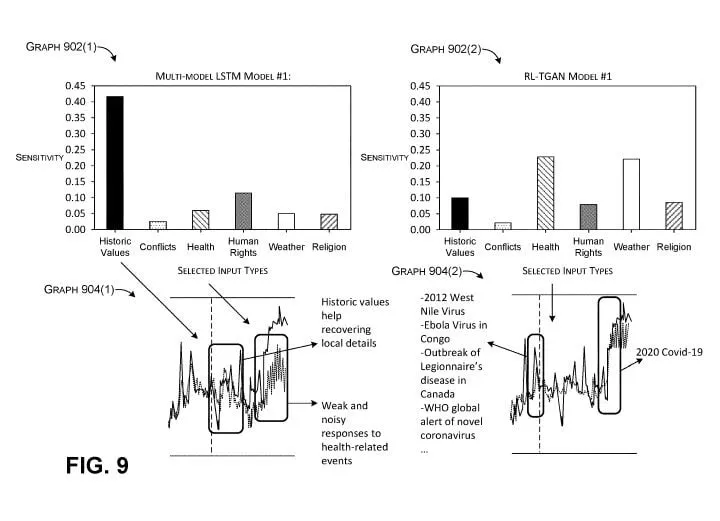Microsoft Unveils Patent for Advanced AI Prediction Model in Copilot
Recent developments suggest that Microsoft may be poised to enhance its Copilot—possibly rebranded as Windows Intelligence—by integrating advanced predictive capabilities. These innovations could enable the AI to forecast a broad range of outcomes, spanning from meteorological changes to political developments, military conflicts, health metrics like blood glucose levels, and general wellness statistics.
Details about these prediction features were disclosed in a newly released patent entitled Generative Future Predictions Based on Complex Events. The technology leverages a framework that continuously accumulates data and insights from connected events to train an AI model for accurate future predictions. This documentation emphasizes generating precise predictions using numerical data, focusing on quantitative outcomes.
The system collects temporal data—information that evolves over time—from a primary source. This could consist of anything from economic indicators to climatic trends or machinery performance statistics. Additionally, it compiles insights from a secondary source regarding complex events that might influence the system, including shifts in the economy, significant news occurrences, or unexpected equipment failures.
By employing generative networks, the model undergoes training. These networks are a form of AI that can create new data samples, enabling the identification of correlations between temporal data and complex events.
The training process for the model is iterative, involving numerous rounds of learning aimed at enhancing accuracy. Through each iteration, the model fine-tunes its understanding of the relationship between the temporal data and the complex events.

This innovative tool will refine predictions, allowing the model to interpret data sequences over a timeline, thereby bolstering its capability to forecast future occurrences by analyzing historical information.
By integrating these methodologies, the system transforms into a formidable tool for conducting accurate predictions across diverse domains. Its applications could extend to areas such as stock market analysis, weather forecasting, and assessing machinery maintenance requirements, alongside accurately determining trends in individual health outcomes.
Theoretically, it could assess the lifespan of machinery, providing users with insights into the longevity of their devices, including PCs and other equipment.
It is important to highlight that while this technology has been patented, its practical implementation could face challenges. Nevertheless, it serves as a significant indicator of Microsoft’s aspirations regarding functional AI. The company has previously secured patents for analogous technologies, including an AI designed to predict natural disasters.
Now, Microsoft appears to be exploring further developments for its AI model, aiming to extend its predictive capabilities beyond just disaster scenarios to encompass virtually any situation that can be accurately quantified and monitored through substantial data.
What are your thoughts? Would you consider using Microsoft Copilot once it evolves into a sophisticated AI prediction platform?
You can access the patent here.
Leave a Reply